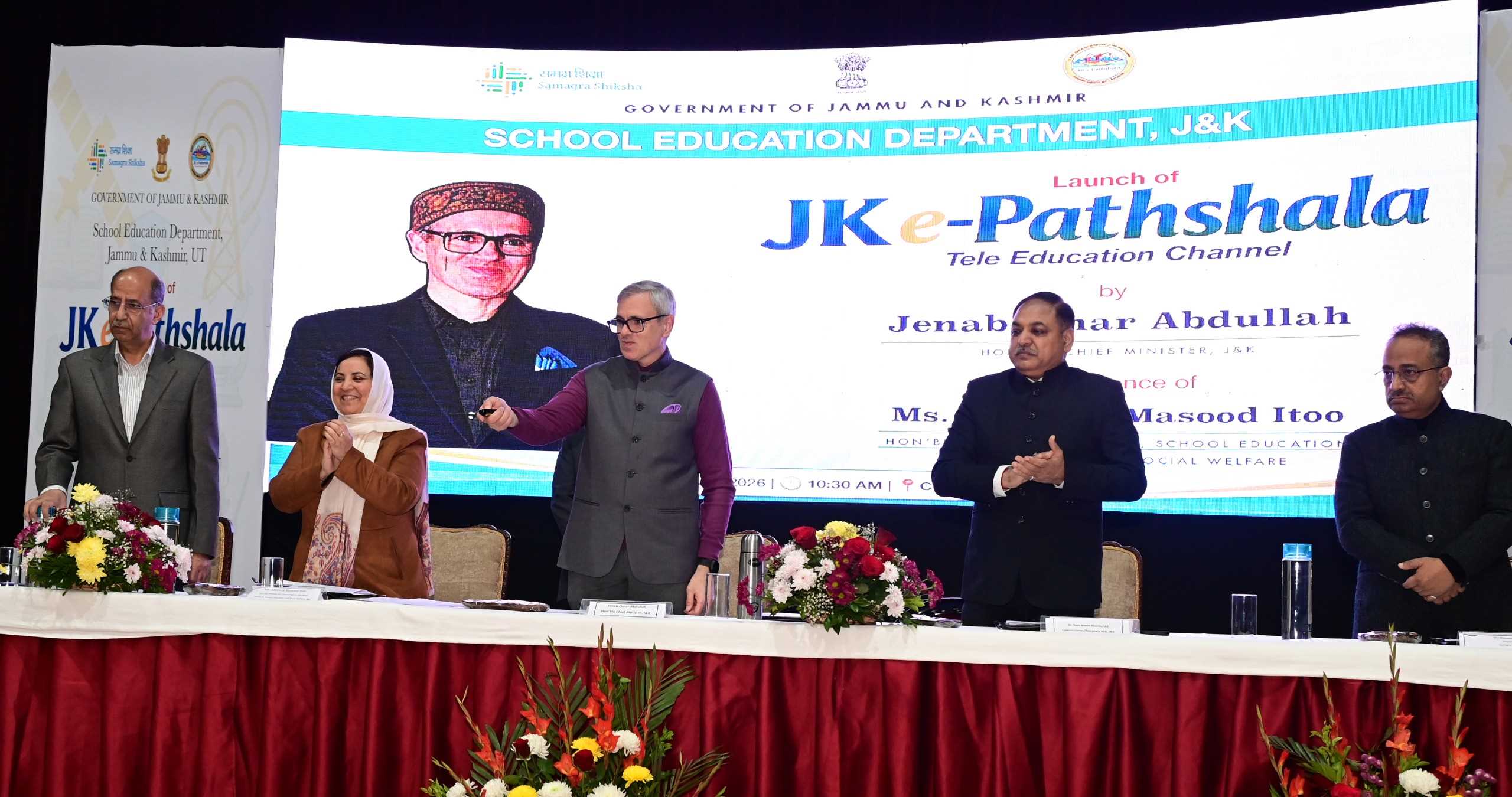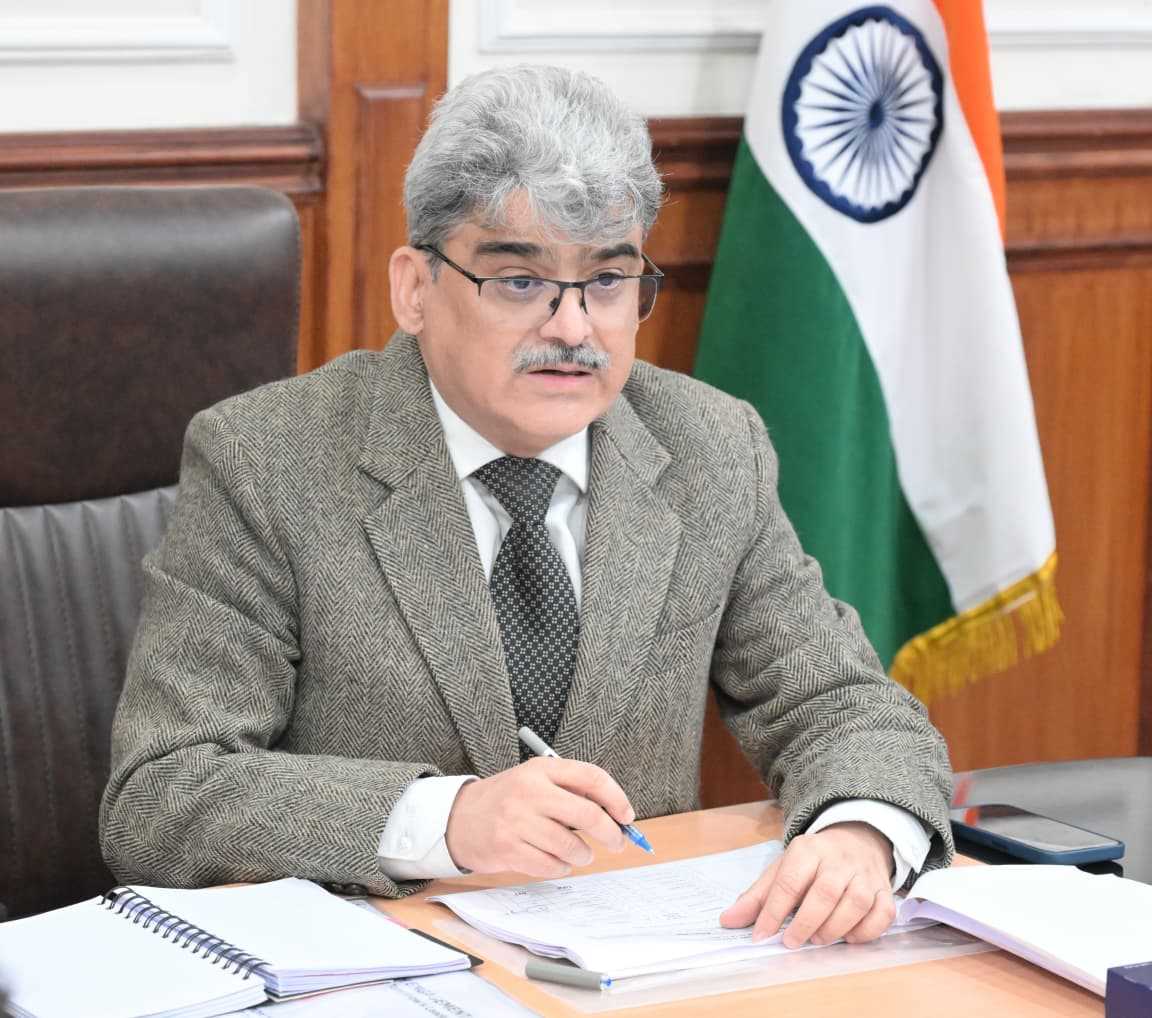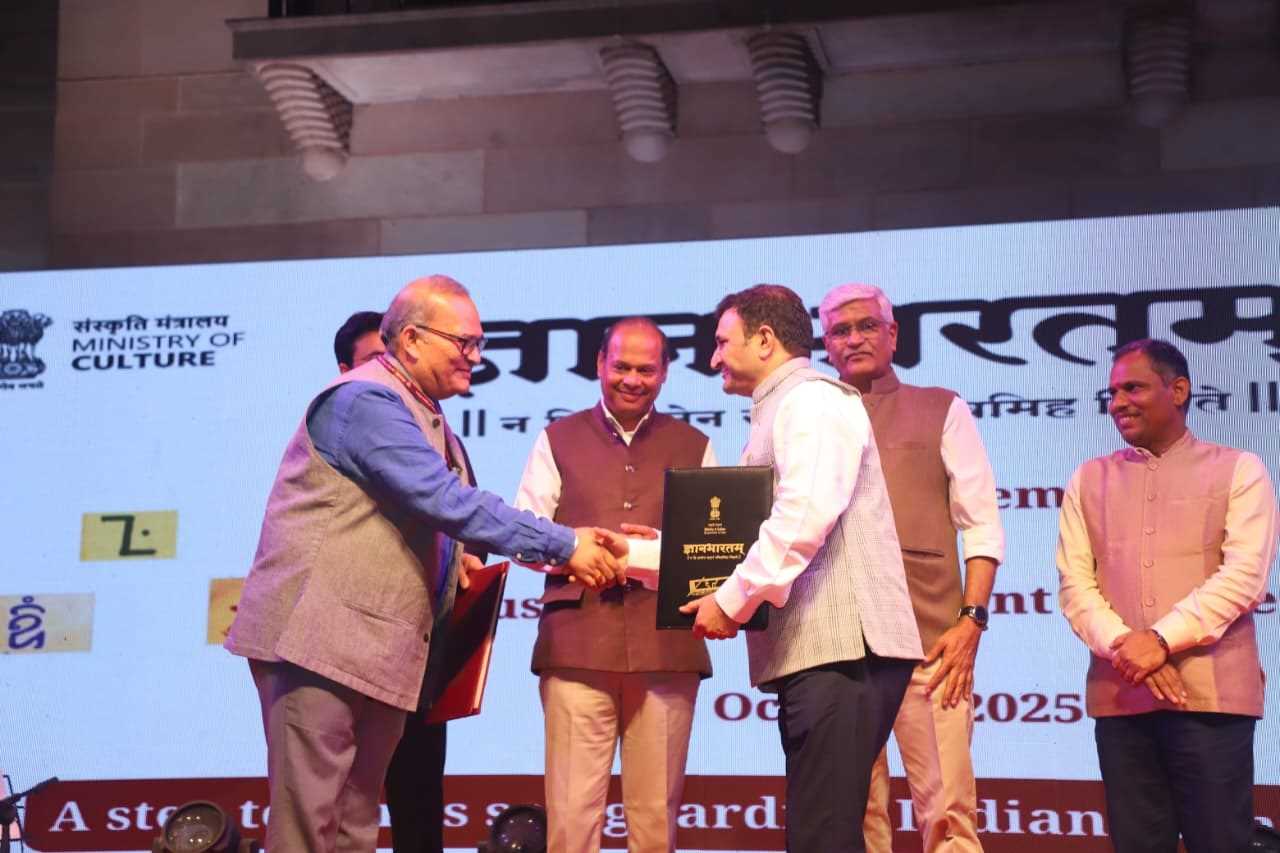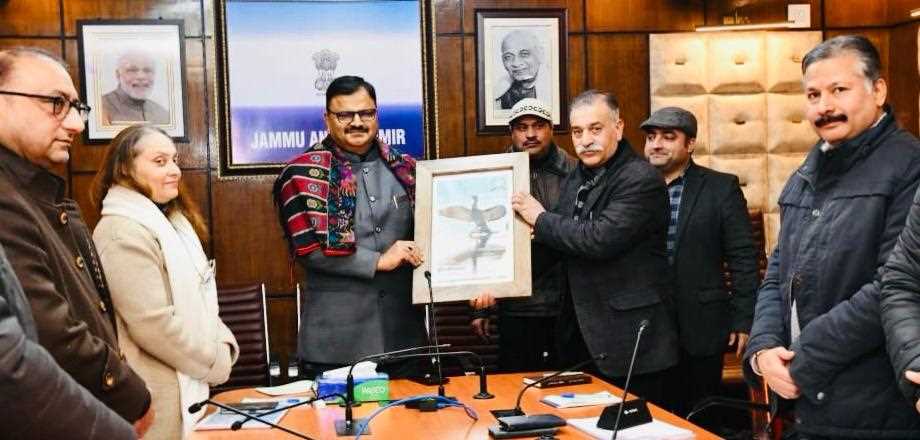The recent surge in violence in the Jammu division, coupled with an increase in infiltration in Kashmir, raises concerns about a possible strategic maneuver by Pakistan to wear down our armed forces. This pattern of escalating violence and cross-border incursions appears to be a calculated effort to stretch the resources and capabilities of our military and paramilitary forces, testing their resolve and readiness. Historically, Pakistan has employed a mix of conventional and asymmetric warfare tactics to keep the Kashmir issue alive. The current uptick in infiltration attempts can be seen as part of a larger strategy to destabilize the region which has seen peace and prosperity after Article 370 was read down. By instigating violence in Jammu and increasing infiltration in Kashmir, Pakistan may be aiming to create a two-front conflict within the Union Territory, thereby dividing the focus and operational efficiency of the security forces. This strategy has multiple dimensions. Firstly, the increase in infiltration serves to reinforce the ranks of terror groups operating in Kashmir. Fresh infiltrators bring with them weapons, training, and the ideological zeal necessary to sustain an insurgency. This influx not only bolsters the operational capacity of these groups but also complicates counter-insurgency operations for the armed forces, who must now contend with a rejuvenated adversary. Secondly, the violence in Jammu could be aimed at diverting the attention and resources of the military. By fomenting unrest in Jammu, Pakistan might be attempting to force India to redeploy troops and resources away from counter-infiltration efforts in Kashmir. This diversionary tactic can lead to gaps in the security grid, making it easier for infiltrators to penetrate and establish footholds in the Kashmir Valley. Furthermore, these actions can have significant psychological impacts. Frequent incidents of violence and successful infiltrations can erode public confidence in the government’s ability to maintain security. This, in turn, can lead to a demoralization of the security forces and the civilian population, creating an atmosphere of fear and uncertainty. Such an environment is conducive to the goals of terror groups, as it helps them gain local support or at least acquiescence, which is crucial for their survival and operations. The international dimension cannot be ignored either. By escalating tensions in Jammu and Kashmir, Pakistan is trying to draw international attention to the region, potentially inviting diplomatic interventions that could be leveraged to its advantage. Highlighting the conflict might also attract more support from sympathetic nations or non-state actors, providing additional resources and legitimacy to Pakistan's narrative on Kashmir. In response, India must adopt a multi-faceted strategy. Strengthening border surveillance, enhancing intelligence networks, and fostering better coordination among security agencies are essential steps will go a long way to defeat Pakistan’s nefarious policies.











